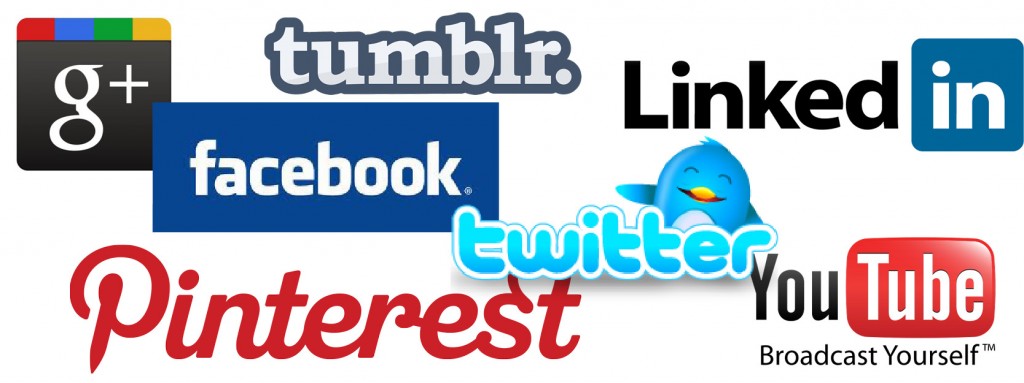
If your business isn’t on the main social networks these days, the truth is that you’re missing out on potential business.
Many of the blue chip companies and large corporations have multiple accounts. Take Dell for example. They have their main @Dell account, but also accounts for home user news, SME news and large enterprise news as well as corresponding support accounts too. Just some of Dell’s Twitter handles include:
@Dell – General Dell and technology related news.
@DellCares – Home user support.
@DellCaresPro – Business user support.
O2 (Telefonica UK) has a simpler approach, with just two accounts. They have their main account (@O2) which handles customer support and has Tweets aimed at end users, and @O2BusinessUK which Tweets SME related news and interacts on a B2B level.
From a small business perspective, you should only need one account on these sites, however if you are lets say a restaurant with multiple locations, you may wish to have a different account for each location so that you can post relevant news and the manager of each restaurant can manage their own Twitter account.
But which social networks should I use for my business?
Here’s an overview of the main social networks and my personal opinions on each from a business perspective:
Facebook – For businesses, there are two options when it comes to creating a profile. They can either create a Page which can be ‘Liked’, or they can setup a normal account and accept friend requests. Whilst Facebook seems to be the most popular at the moment (especially for small businesses), Twitter is growing in popularity. You can also link a Twitter account to directly post to your Facebook.
Twitter – Unlike Facebook which has endless fields to input information for your profile, Twitter took the simple approach. You can have just your name or you can add a short ‘bio’ along with your location and website URL (if applicable).
The key with twitter is INTERACTION! Instead of posting plain, generic things about your business, create interesting Tweets with hashtags instead which will boost interaction with your brand, and also give it a ‘personality’ which would otherwise never be seen.
Maybe even have a few ‘quick question’ type Tweets or end your post with a question. This way, you can avoid losing followers due to your Tweets being percieved as ‘spam’, whilst still being able to promote your business.
For more info on Twitter, read my blog post about Twitter (coming soon).
LinkedIn – Once a network thought of as only for CEO’s and corporate executives, LinkedIn is now used by students, junior employees and has become more widespread. The exposure that this network can provide could land you your next job! Recent research showed that 30% of college students were using LinkedIn as their primary and only method of finding and applying for jobs.
Pinterest – This is a social network which seems to be for more creative/crafty people and businesses. Its user base is also highly female dominated with around 70% of its users being female. If your business offers a handmade product, Pinterest would be great for you.
Google+ – This is a network which seems to be growing (although at a slow pace) and seems to be a way off from being one of the top 3. Google+ does have the benefit that if you have thousands of ‘followers’, your page will rank high in Google searches for your name which will boost your online profile and reputation.